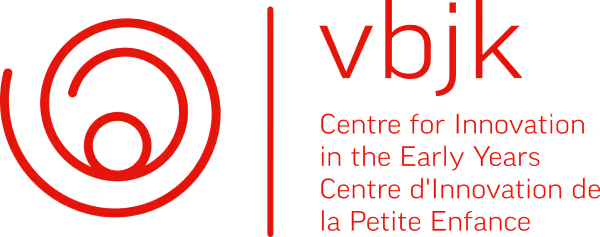Contact ISSA Member

Thematic focus
Social inclusion for Romani and migrant children
Social inclusion for children with special needs
Organisation groups
Full and Affiliate Members of ISSA
Direct targeted groups
Practitioners with migrant background
Mission
VBJK wants to support parents and educators, in a scientifically sound way, in the education of children within the family, the school and all early childhood services as fully-fledged educational environments, and this from a perspective of emancipation and solidarity, respecting children’s rights and diversity among families.
Main focus is aimed at values and projects dealing with:
- accessibility: early childhood services as a right for all children and their parents
- affordability of services
- a pedagogical approach, focusing on the holistic and multiple development of children
- participation as an essential value
- coherence and global approach
- focus on diversity, non-discrimination, and democracy
- looking at evaluation as a permanent, participatory and democratic process
- working towards a ‘new’ early years professional, being critical, reflective, open to dialogue and respecting diversity
- considering school and early childhood services as equal partners, sharing the same image on childhood and education
- valuing international cooperation and exchanging knowledge and ideas
Main focus is aimed at values and projects dealing with:
- accessibility: early childhood services as a right for all children and their parents
- affordability of services
- a pedagogical approach, focusing on the holistic and multiple development of children
- participation as an essential value
- coherence and global approach
- focus on diversity, non-discrimination, and democracy
- looking at evaluation as a permanent, participatory and democratic process
- working towards a ‘new’ early years professional, being critical, reflective, open to dialogue and respecting diversity
- considering school and early childhood services as equal partners, sharing the same image on childhood and education
- valuing international cooperation and exchanging knowledge and ideas
